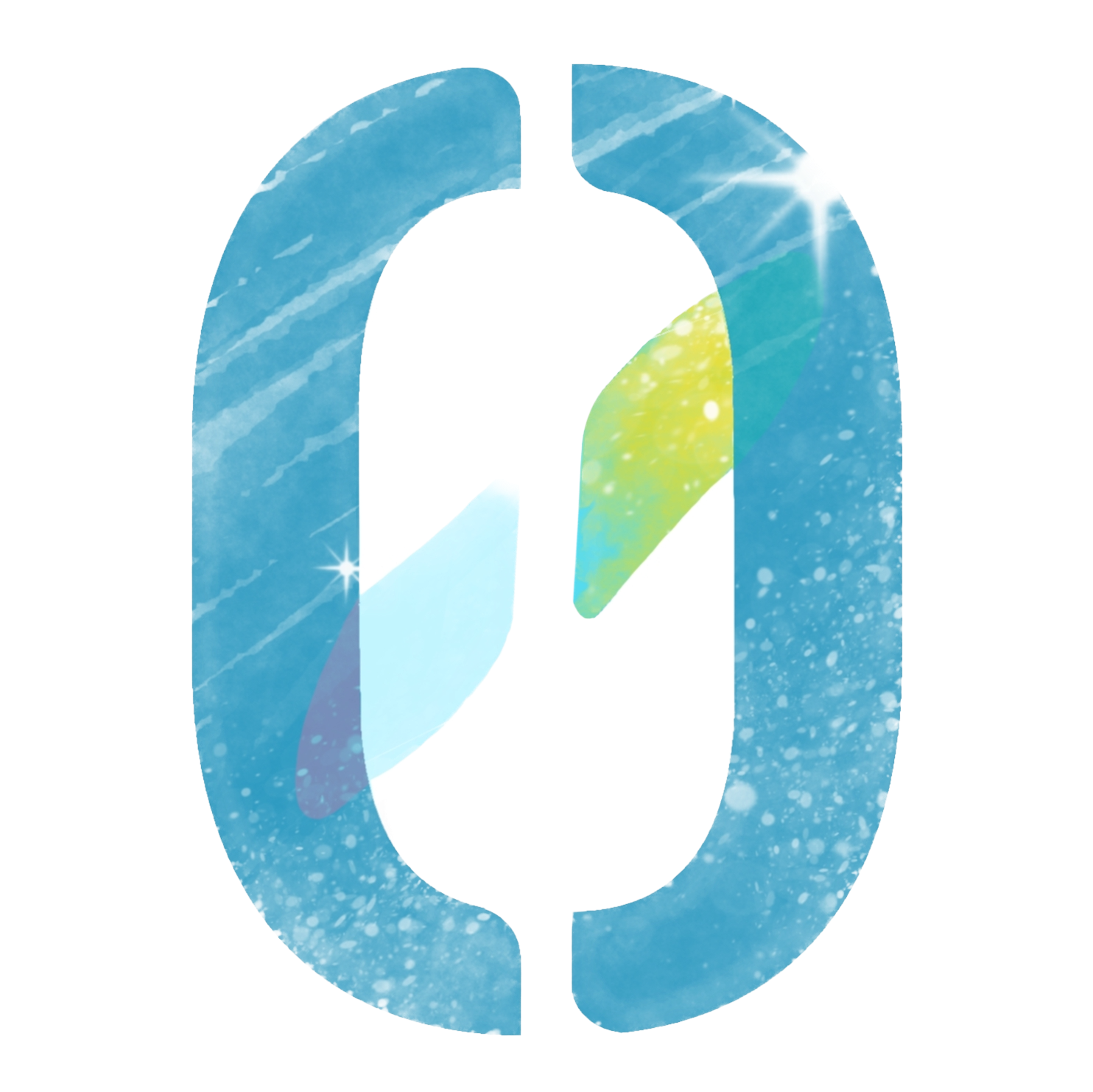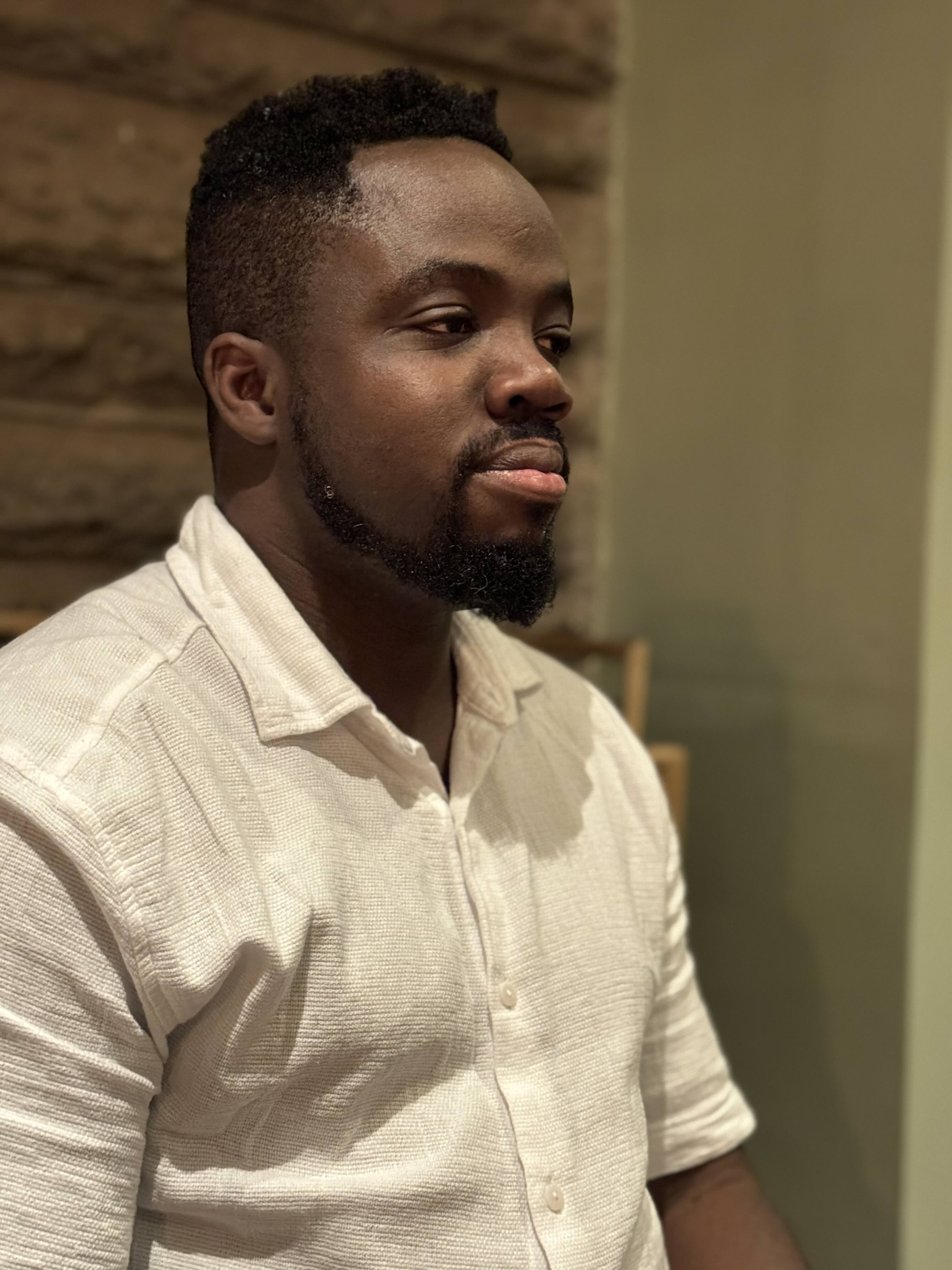Please describe your proposed solution.
Homeless Posse are a group of people living at Salford Emmaus, a community for people who have recently been homeless. We know from experience that when “homelessness” is mentioned, people often think they know how to solve it, but without asking for ideas from those who have actually experienced it. Same goes for “poverty”, or “low income” or any of the things that tend to cause people to be less included in society - people try to solve the issue without asking for insights from those who live it.
So in this project, we want to pioneer a more inclusive approach to building a dApp. We want to talk with developers as equals, to break down the barriers; and we want to invite them - or challenge them? - to create a low-budget dApp or tool that will be useful in our world. We don’t want to come into the process with a rigid idea about what this dApp would do - we have some ideas to share, but we want to co-create it together with the developers who have the skills to build it. It could be something that will support homeless people; or something that will be useful more generally for people on a low income; or something that will be useful in our Emmaus community and/or other Emmaus communities. (Emmaus <https://emmaus.org.uk/> is a charity in the UK working with people who have been homeless. People who have recently been homeless live as a community which is co-run by staff and residents. Each Emmaus is different; many of them run social enterprises such as second-hand shops, which divert old furniture from landfill and support local communities.)
<u>What we want to do</u>
Our proposal is to organise and run a Zoom event for Cardano developers (we’re calling it the Homeless Hub Hackathon), inviting them to come and brainstorm some ideas for a Cardano dApp or tool that would solve an issue in homeless people's everyday lives. After the event is over, developers can submit ideas; and we, and our staff team, and some of the people from Catalyst who have helped us, will choose a winner. This proposal will then fund the winning developer to build their dApp and involve us in the testing of it.
<u>Preparation: building our knowledge, with our wider local community</u>
We will need to do some preparation for this - so we will have 5 sessions where we learn in more depth about different use-cases and things that dApps can do. We want to involve a wider range of people in this too - so we plan to work with users from another organisation near us, Salford Loaves and Fishes, <https://www.salfordloavesandfishes.org.uk/> which has a daily drop-in for homeless people and a new education space that they want to make the most of. We will hold the 5 preparation sessions there, and we will lead conversations with people about what they think a useful dApp, tool or product would be like.
Each session will start with a Zoom call with a person from the Catalyst community (TBC who they will be) who knows about the particular subject we are covering that week. They will be asked to give a 15-minute presentation followed by a short Q&A. These 5 people will also, later on, be invited to be part of the judging of the winning dApp or product, so they can contribute their technical knowledge.
The rest of each session will be discussion and brainstorming ideas with the group at Loaves and Fishes, based on the presentation we have just heard, on what kinds of dApps, tools and products using that technology would be useful in our lives. We as a group will lead this (which will increase our facilitation skills - useful for future employment); and we will be supported by Vanessa Cardui, the Catalyst member who facilitated the Homeless Hub project for us. We think it’s important that we are getting ideas from people who are marginalised in society and whose views are not usually heard, and we want to recognise their contribution - so we will offer a bonus of £5 (which is about $6 US, or, at the time we are writing this, about 12.5 ADA) to anyone who contributes an idea in these sessions. (We think it is important to recognise people’s contributions; and for many people in these sessions, it will be a new thing that anyone thinks their ideas and time are worth something.)
<u>The Hackathon event itself</u>
Our Hackathon event will be a half-day event on Zoom (which we will run twice, to reach different time zones), where we will invite developers to meet us and thrash out some ideas, and share some of the thinking that has come out of our sessions at Loaves and Fishes. We will aim for at least 10 developers to attend. It won't be like a traditional hackathon, because we're not aiming for people to actually build in the session itself - it's more like a chance to brainstorm and share ideas. We want to challenge the idea that tools can be made “for” us as homeless people without consulting us; and we want to show how it is possible to involve us right from the start.
There will be breakout rooms and discussions about possible dApps, tools or products that would:
- help those on low incomes (For example, budgeting and planning tools; or contribution systems, where people are paid in ADA or tokens for what they contribute to their communities, as a way of raising awareness about people’s unpaid work)
- help those facing homelessness (for example, an information dApp on where you can get help; or an information dApp for non-homeless people, that tells them what homeless charities in their area currently need.)
- support the needs of our specific Emmaus community (for example, managing our work rotas? Helping us make community decisions? Stock-control in our food bank?)
Although developers won't be build anything in the session itself, we hope that we can firm up ideas, give information, and encourage collaborations.
We hope the developers will come from all over Cardano. Snapbrillia <https://www.snapbrillia.com/> is donating its platform to use for finding developers, facilitating development of the solutions via its Cloud Collaborative IDE to build and address pain points that homeless people face. We will also publicise the Hackathon at Salford University, which is local to us. (Emmaus staff already have some links there which could help us get in touch). We are especially interested in their Disruptive Technologies Research Cluster <https://hub.salford.ac.uk/sbs-disruptive-technologies/about/>
<u>Ideas submission and judging</u>
After the Hackathon event, developers who attended will be invited to put a definite idea in writing, with a budget. The ceiling is $35,000, so we are looking for quite a low-budget dApp or product; although possibly, we could contribute to a bigger dApp or product that has partial funding from somewhere else.
We want to give an incentive to people to submit an idea, so we are also offering a runner-up prize of $2,000, and a payment of $300 to the other submitters, up to a maximum of 10 (we think it's unlikely that there will be more than 10 people/teams who submit ideas).
The 5 Catalyst people who gave presentations at our initial sessions will be asked to view the submissions and pick a shortlist of 2 or 3, with reasons. We will also take the ideas back to the group at Loaves and Fishes and ask for their opinions. Then we as a group will judge the ideas and choose 2 favourites; and our staff team will do the same; then we will come together to discuss and choose a winner. This will be positive for our Emmaus community, as it’s not often we get time to sit down with staff and do something together like this.
<u>Building and testing</u>
Then, the rest of the funding from this proposal will fund the winning developer to actually build their idea. They will get some money upfront; they will need to check in with us every week; and the aim will be to release something on testnet after 2 months, which we can then test. Our whole Emmaus community will be able to do this; so will our staff team; so will the people we have worked with at Loaves and Fishes; and so will people at other Emmaus communities in the North-West. So there will be a really good pool of user-experience testers who can give opinions and spot any possible problems. The winning dApp or product will be released after 3 months, and we hope it will be adopted by many of the people who tested it, which will encourage more people to be aware of Cardano.
<u>A note on how we came to submit a proposal at all</u>
We took part in the fund 6 proposal Homeless Hub <https://cardano.ideascale.com/c/idea/367891>, which is just coming to a close now; and some of us got interested in blockchain technology and how it can help us. You can see some of the work we have been doing here <https://quality-assurance-dao.gitbook.io/homeless-hub>, including the After Town hall that we ran on 29th June to discuss wealth, poverty, and what kind of real-world impact crypto can have.
https://www.youtube.com/embed/xVzXwG5Z_lEWe've realised that in the future, blockchain might become a big part of everyone’s lives; and we don’t want people on low incomes or facing social exclusion to be left behind. We think it should be open to everyone to know about blockchain; but we know that many people think it is only for the rich, and of no interest to ordinary people. We’d like to change that.
This proposal has the added benefit that it lets us, as people new to Cardano, contribute something of value - we might not be blockchain experts yet, but we can contribute the life-experience and knowledge that we do have, in a useful way. It also lets us increase our understanding of Cardano and of blockchain technology; and it offers a model for socially-engaged developers to show how they can work in an inclusive and engaged way, with users at the centre.
Please describe how your proposed solution will address the Challenge that you have submitted it in.
First and foremost, it will result in the creation of a dApp.
What’s more, it will be a dApp with a definite real-world use, and a built-in group of usability testers.
We think our approach will create more awareness amongst developers about how to increase “utility and widespread adoption”, as the challenge says. The dApp created by this proposal will reach people who, so far, have not had much cause to think about blockchain at all; so it will give a wider range of people a reason (as the challenge says) to “interact with the Cardano blockchain that can help further drive more adoption, feedback, growth and even more innovations.” If Cardano is going to spread, it’s important to reach ordinary people - and to show that Cardano is the blockchain that does not ignore people facing poverty and social exclusion.
We are putting our proposal in this challenge because it’s such a wide ranging challenge, and doesn’t limit what can be built and who will be attracted to take part. We do not want to limit it to a particular type of dApp. We considered submitting our proposal in “Developer ecosystem” - but what we’re hoping to do is focus on creating an actual dApp or product with a real-world impact, rather than just creating the environment for this to happen. We liked this challenge because it is more direct and practical, and focuses on what we’re going to make together.
We also want to mention that this proposal addresses one of Cardano's strategic goals for this Fund:"Build real-world solutions based on the Cardano blockchain".
What are the main risks that could prevent you from delivering the project successfully and please explain how you will mitigate each risk?
We can see several risks, but we think we are able to mitigate them all.
-
Risk that not many people at Loaves and Fishes will be interested. This is possible, as we have not specifically tested it out with them, and the people who go there vary from day to day. But we already know many of the staff and users there, and we believe there will be enough people interested to make it worthwhile. Also, from doing the Homeless Hub project we know it’s great to work together as a group on this kind of topic, and that people do become interested in it as they go along; so we think enough people will get involved. But if not, we have contacts with several other relevant organisations around Salford so we could easily collaborate with them too.
-
Risk that no developers will come forward to work with us. This is also possible, especially since we are not offering a very high budget for people to build. But we know Cardano is quite a socially engaged blockchain, so we think at least some people will understand what we’re trying to do, and will be interested to focus on a low-budget dApp. We also know that Catalyst is quite friendly, and we can see there are lots of networks to help us publicise our project to developers, including things like Plutus Pioneers, Cardano for Climate, Gimbalabs, etc; and particularly, Snapbrillia, who have offered to help us by donating their platform to use for finding developers, and facilitating development of the solutions via its Cloud Collaborative IDE.We also plan to look closer to home - Salford University is just down the road from us, and if we are funded, we plan to contact the Disruptive Technologies Research Cluster <https://hub.salford.ac.uk/sbs-disruptive-technologies/about/>
-
Risk that we don’t know enough to make a good decision on the winner. We will solve this by our plan to start our project with 5 sessions looking at different things that blockchain can be used for. This will increase our knowledge. Also, the 5 people who we ask to deliver presentations at these sessions will also be part of the judging process, to bring their technical knowledge. We also have input into the judging from our staff members, who will bring different perspectives and knowledge to help us decide.
-
Risk that developers suggest ideas that inadvertently put low-income people at risk. Many developers, when they approach the issue of homelessness, want to create dApps or products that deal with people’s income in some way. Often, this would have to involve some sort of interface with the welfare benefits system; but this is not always possible legally. Such ideas are not completely off limits for the project, but we do need to make sure that developers understand the difficult implications this can have; and we don’t want low-income people to be put in a position where they act as “guinea-pigs”, and risk affecting their benefits, all because the Government does not really understand crypto! We will avoid this problem by factoring in time to create a briefing document for developers that gives some insight into this issue; and by including time for our group to really think through the implications of ideas that address financial issues. We will also have input from an Emmaus staff member with a thorough understanding of the benefits system from a claimants' viewpoint, who can assess what unforeseen impact an idea might have.
-
Risk that the winning developer does not deliver what they promised. We will avoid this by asking them to check in with us every week; and by not giving them the money all at once, but keeping some back to be paid halfway through, and on completion.




